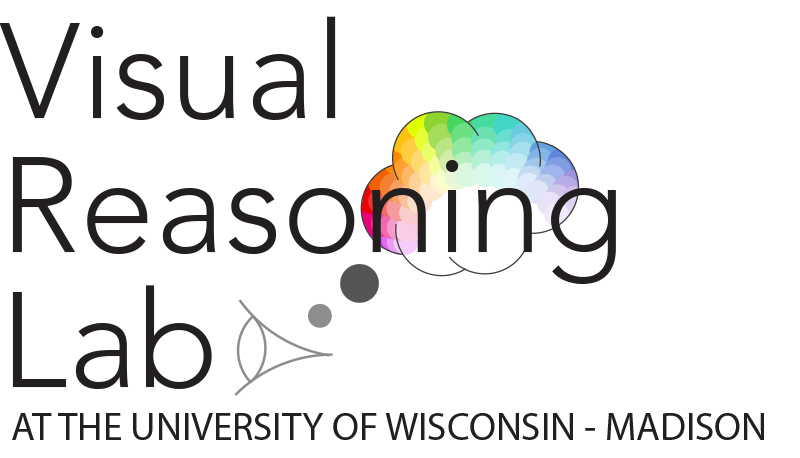
Welcome to the Schloss Visual Reasoning Lab! We are part of the Department of Psychology and Wisconsin Institute for Discovery, Virtual Environments Group at the University of Wisconsin–Madison. Our lab aims to understand how people use visual reasoning for visual communication. We study how people form associations between visual features (e.g., color, shape) and concepts, and how they use those associations to interpret meanings of visual features in information visualizations (e.g., graphs, maps, diagrams, signs). Our lab also investigates how to increase engagement in science through immersive experiences in scientific visualizations using virtual reality. Our work can be translated to making visual communication more effective and efficient.
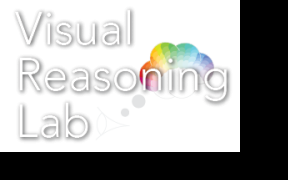
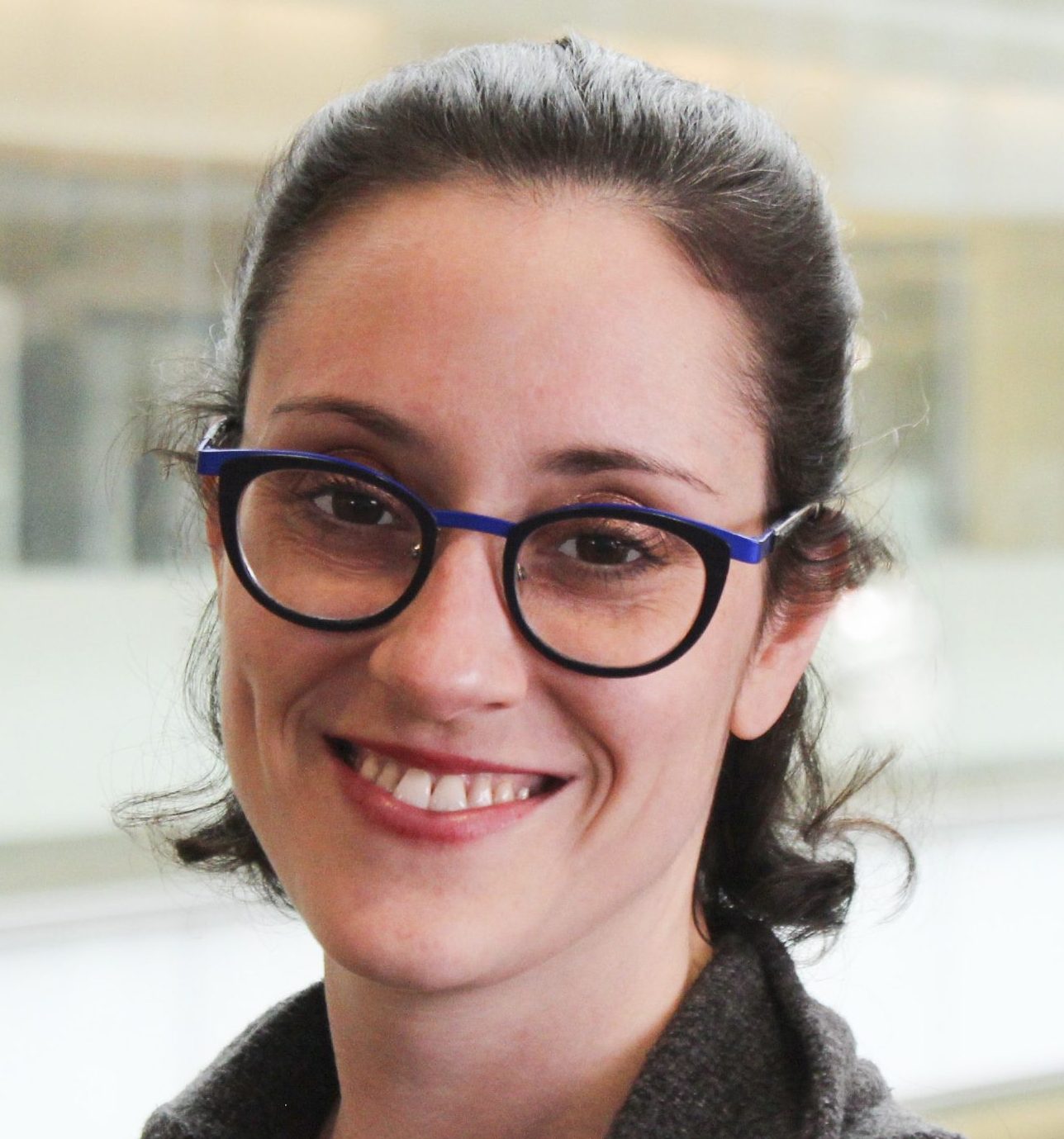 PI Karen Schloss has been promoted to Associate professor with tenure!
PI Karen Schloss has been promoted to Associate professor with tenure!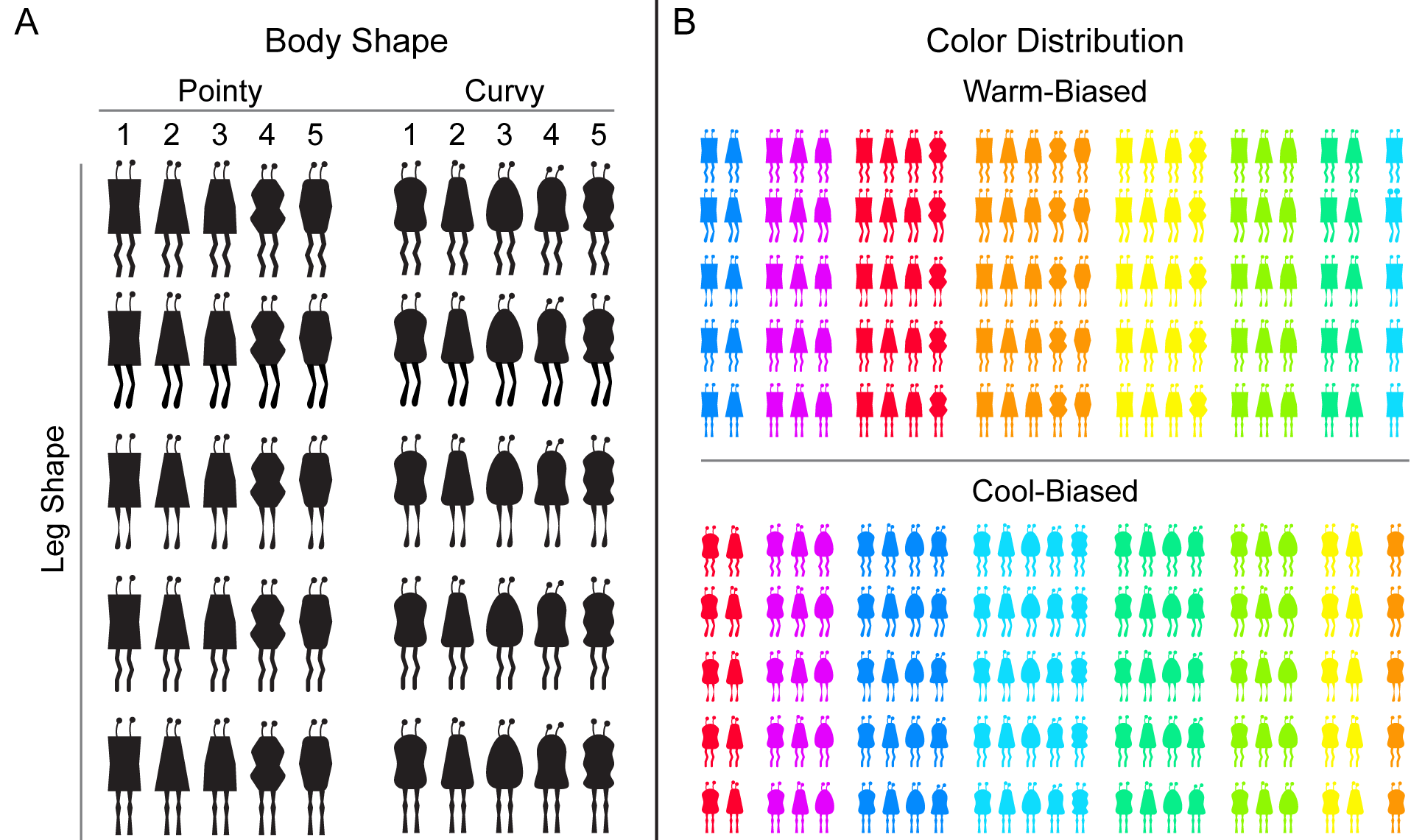
 When interpreting the meanings of visual features in information visualizations, observers have expectations about how visual features map onto concepts (“inferred mappings”). In this study we examined whether aspects of inferred mappings, previously identified for other types of visualizations (e.g., colormap data visualizations), generalize to a different type of visualization, Venn diagrams. Venn diagrams offer an interesting test case because empirical evidence about the nature of inferred mappings for colormaps suggests that established conventions for Venn diagrams are counterintuitive. Venn diagrams represent classes using overlapping circles and express logical relationships between those classes by shading out regions to encode the concept of non-existence, or none. We propose that people do not simply expect shading to signify non-existence, but rather they expect regions that appear as holes to signify non-existence (the “hole hypothesis”). The appearance of a hole depends on perceptual properties in the diagram in relation to its background. Across three experiments, results supported the hole hypothesis, underscoring the importance of configural processing for interpreting the meanings of visual features in information visualizations.
When interpreting the meanings of visual features in information visualizations, observers have expectations about how visual features map onto concepts (“inferred mappings”). In this study we examined whether aspects of inferred mappings, previously identified for other types of visualizations (e.g., colormap data visualizations), generalize to a different type of visualization, Venn diagrams. Venn diagrams offer an interesting test case because empirical evidence about the nature of inferred mappings for colormaps suggests that established conventions for Venn diagrams are counterintuitive. Venn diagrams represent classes using overlapping circles and express logical relationships between those classes by shading out regions to encode the concept of non-existence, or none. We propose that people do not simply expect shading to signify non-existence, but rather they expect regions that appear as holes to signify non-existence (the “hole hypothesis”). The appearance of a hole depends on perceptual properties in the diagram in relation to its background. Across three experiments, results supported the hole hypothesis, underscoring the importance of configural processing for interpreting the meanings of visual features in information visualizations. Dr. Anna Bartel graduated with her PhD from the UW-Madison Department of Psychology!
Dr. Anna Bartel graduated with her PhD from the UW-Madison Department of Psychology!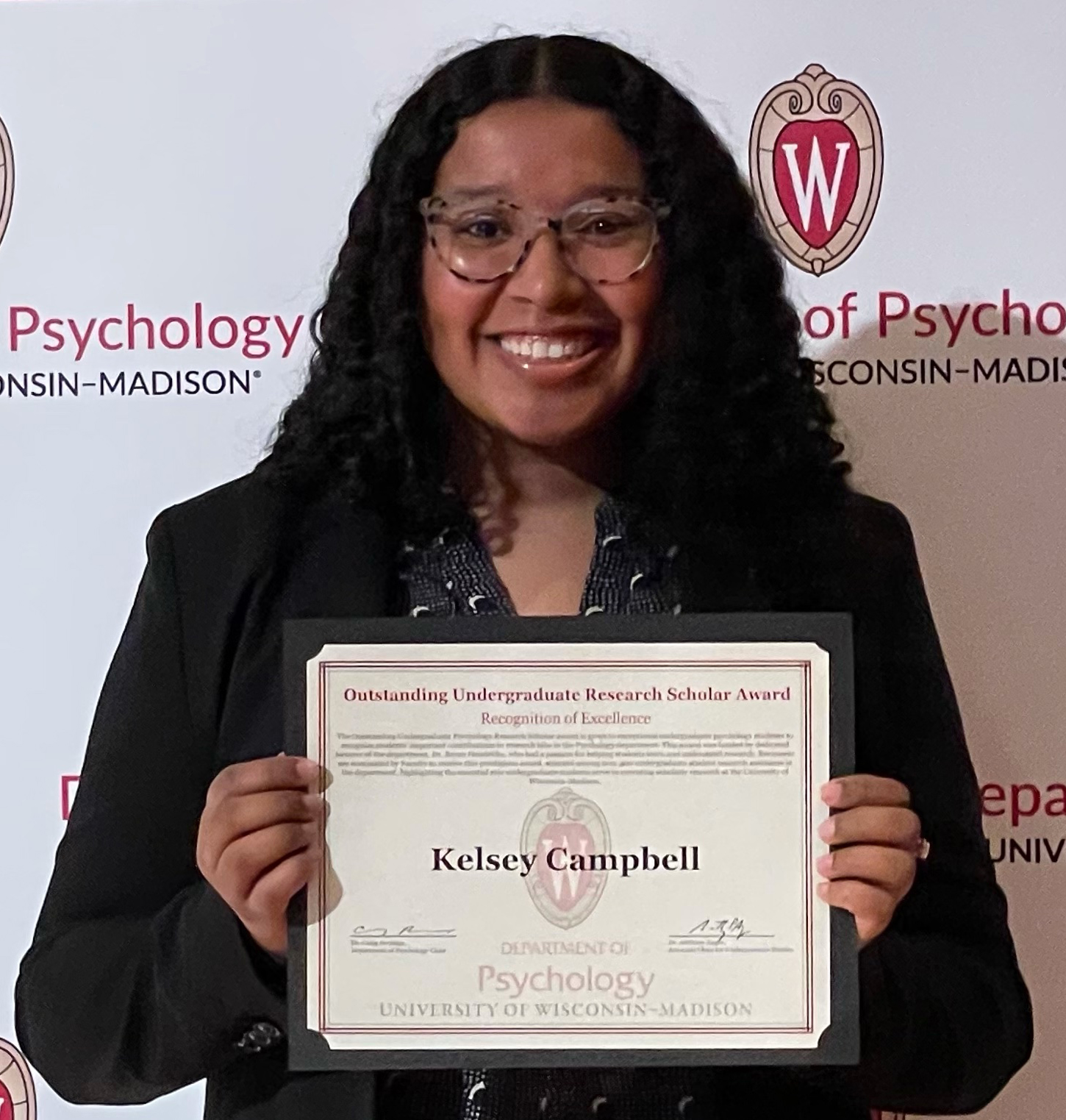 Kelsey Campbell was awarded the Outstanding Undergraduate Research Scholar Award from the Department of Psychology at the University of Wisconsin-Madison.
Kelsey Campbell was awarded the Outstanding Undergraduate Research Scholar Award from the Department of Psychology at the University of Wisconsin-Madison.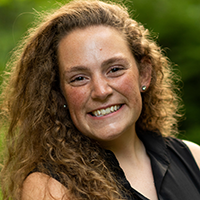 Melissa Schoenlein received a 2022 Elsevier/Vision Research Travel Award to present her work at the Annual Meeting of the Vision Sciences Society.
Melissa Schoenlein received a 2022 Elsevier/Vision Research Travel Award to present her work at the Annual Meeting of the Vision Sciences Society.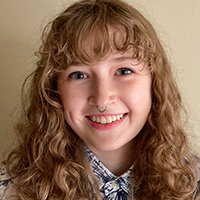 Clementine Zimnicki was awarded a Kenzi Valentyn Vision Research Grant from the McPherson Eye Research Institute at the University of Wisconsin-Madison.
Clementine Zimnicki was awarded a Kenzi Valentyn Vision Research Grant from the McPherson Eye Research Institute at the University of Wisconsin-Madison.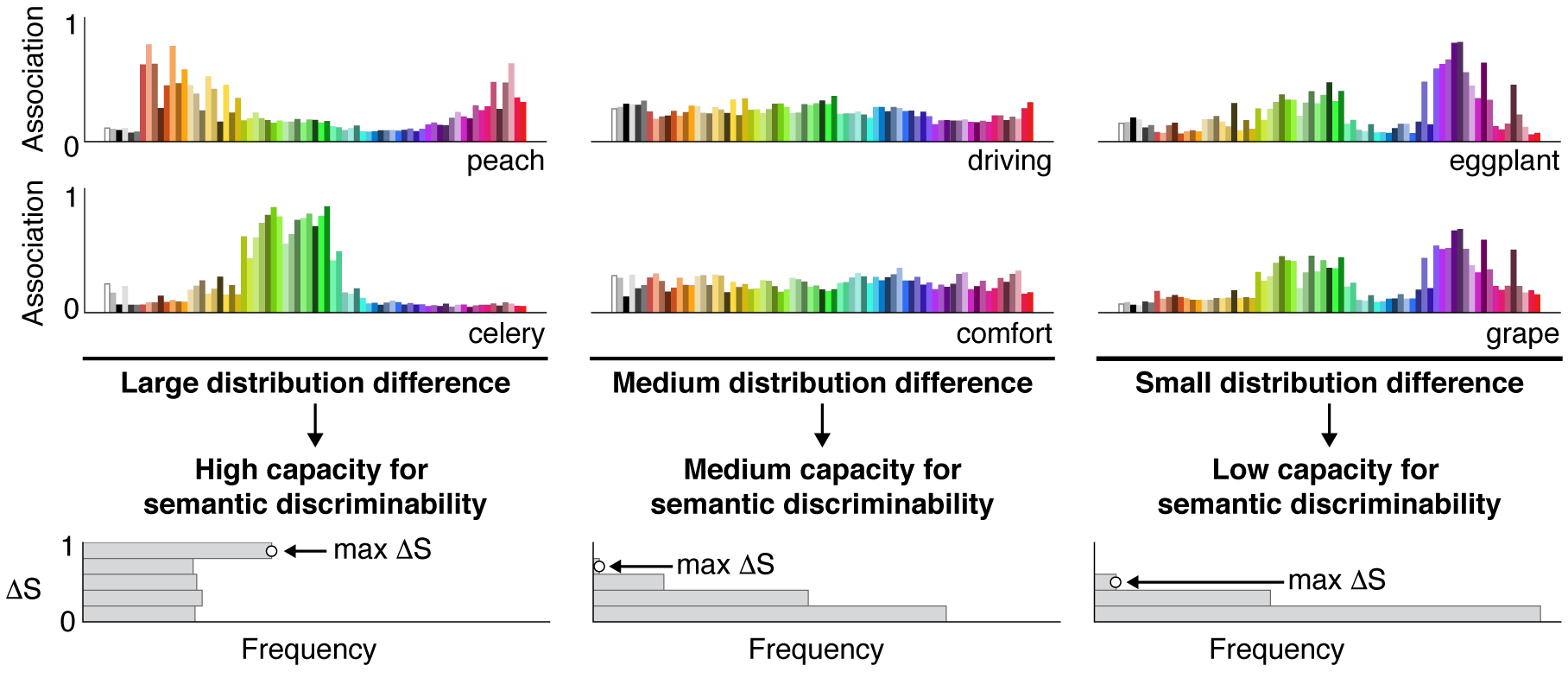 Our paper “Context matters: A theory of semantic discriminability for perceptual encoding systems” received Honorable Mention for best paper at IEEE VIS 20211!
Our paper “Context matters: A theory of semantic discriminability for perceptual encoding systems” received Honorable Mention for best paper at IEEE VIS 20211!